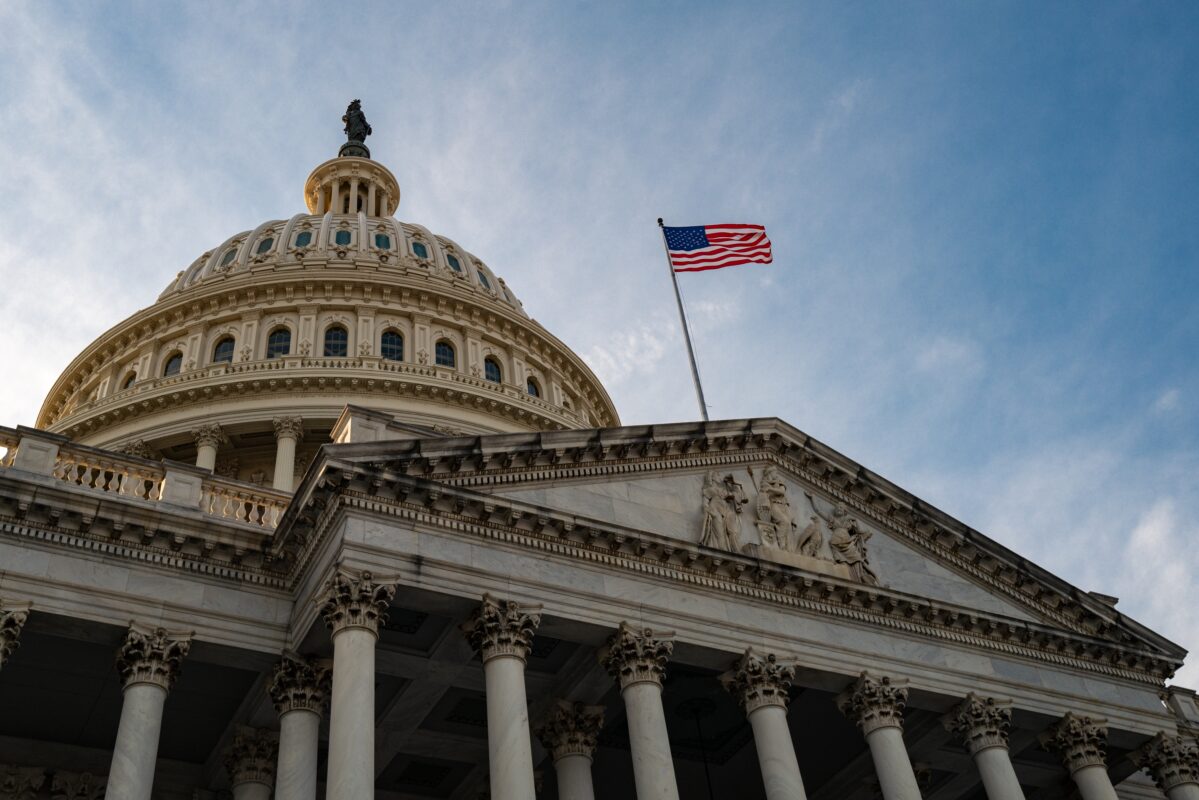In a recent article published in Frontiers in Education, Huyck and colleagues (2021) describe opportunities for professional organizations to address the underrepresentation of individuals with disabilities in organizations and in hearing research.
The authors included individuals who are deaf and hard-of-hearing (D/HH) engineers, scientists, and clinicians who actively participate in clinical practice and auditory-focused research. Suggested actions by professional organizations include recruiting individuals with disabilities for leadership opportunities, reducing financial constraints (e.g., conference registration), ensuring equal access (e.g., accessibility committees for conferences), fostering peer-mentoring groups, and establishing equity and inclusion across all facets of diversity.
The authors conclude by encouraging the development of similar peer-mentorship network models to facilitate diversity and equity in other professions and fields. This article highlights important considerations for all professional organizations as we grow to become more equitable, diverse, and inclusive for all members.
Reference
Huyck J, Anbuhl KL, Buran BN, et al. (2021) Supporting equity and inclusion of deaf and hard-of-hearing individuals in professional organizations. Front Educ 6: Article755457.
Recent Posts
Academy Files Rulemaking Petition to Restore ABA Language in VA Regulations
Earlier last year, the Virginia Board of Audiology and Speech-Language Pathology finalized regulatory changes intended to streamline licensure by removing direct ties between certification and…
Congress Needs to Hear From Audiologists on Student Loan Access
The Professional Student Degree Act, H.R. 6718, introduced by Representative Michael Lawler (R-NY), was introduced in mid-December. This bill reaffirms audiology’s status as a professional…
Why Wild Animals Don’t Have Floppy Ears
In 1959, a scientist began a domestication experiment with silver foxes. Critics believed the experiment was, at the very least, too ambitious (if not outright…


